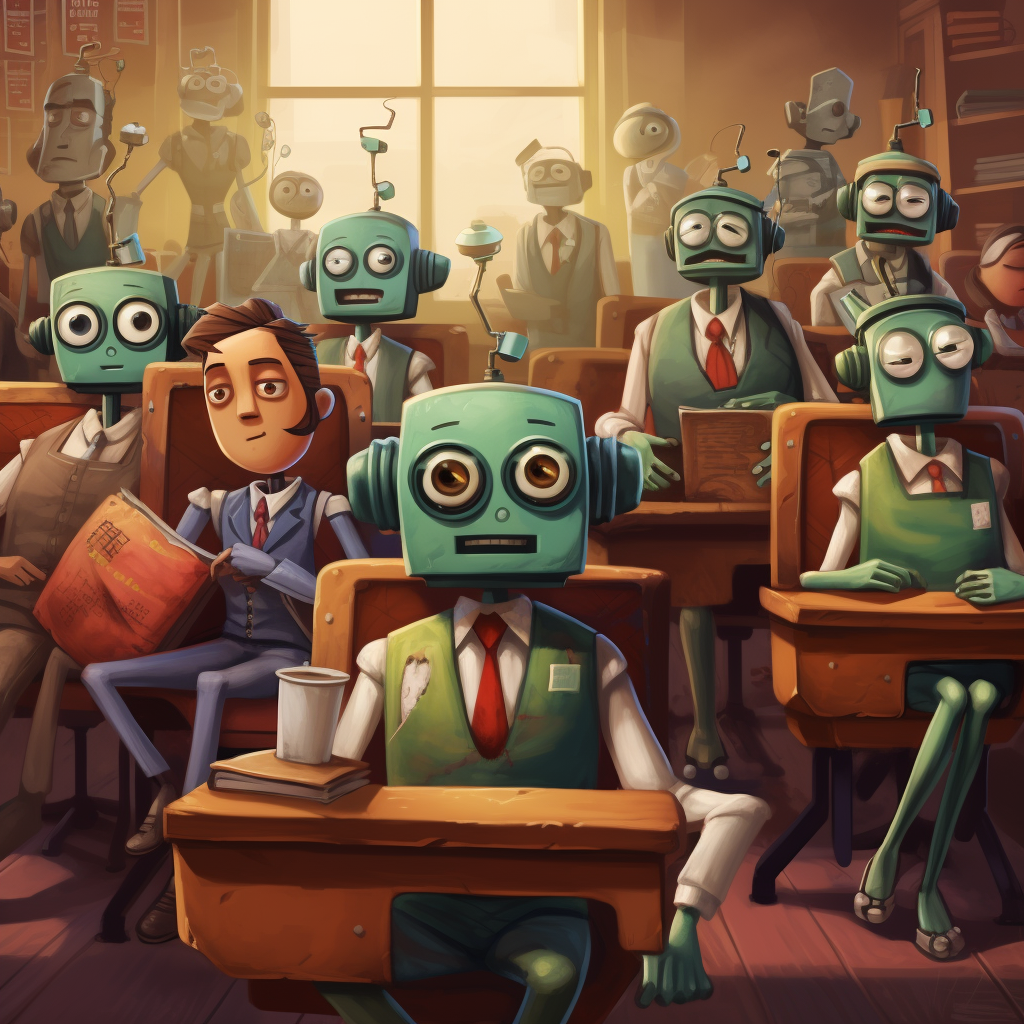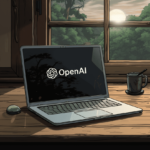As engineering moves quick, colleges are attempting to maintain up.
But when it comes to utilizing AI in the classroom, numerous teachers and colleges are feeling misplaced. They may not say it, but it really is apparent from the stories students have been sharing.
Even the most significant tech names behind it all, OpenAI, have stated it really is not an easy problem to solve. It appears everyone’s even now attempting to figure out the ideal way forward. And with college back in session once again, we’re in for an interesting 12 months… that is for confident.
Even though science fiction delights us with tales of detectives teaming up with robots, the genuine-globe story in our colleges is a bit various.
Rather of exciting mysteries, teachers are dealing with the challenge of college students turning in function that may not genuinely be their personal, but designed by AI resources like ChatGPT.
FTC Sounded the Alarm
The Federal Trade Commission has even produced their personal announcement voicing their issues about the rise of deceptive generative AI resources. With the onset of deepfakes, voice cloning, and even manipulative chatbots, there is a developing urgency to discern genuine content material from AI-created noise.
Detection resources like Originality, CopyLeaks, and Content at Scale have entered the market place, every single with its set of guarantees. Even so, the FTC reminds us of the essential issue: these resources are far from ideal.
The FTC stated:If you are promoting a instrument that purports to detect generative AI content material, make confident that your claims accurately reflect the tool’s capabilities and limitations.
In excess of-reliance on or blind believe in in these technologies can lead to undesired consequences, specially in academic settings. Just seem at what’s happening with TurnItIn.
OpenAI’s Stance on AI and Academic Honesty
OpenAI acknowledges the gaps in numerous educational institutions’ academic honesty policies regarding generative AI. With college students utilizing AI resources, occasionally covertly, for their assignments, educators uncover themselves navigating murky waters.
Their investigation throws light on yet another concern: the inability of existing AI detectors to persistently differentiate amongst AI and human-created content material. Even revered human-written texts, like Shakespeare’s plays or the Declaration of Independence, weren’t spared from mislabeling by these detectors.
Combining OpenAI’s Suggestions with FTC’s Cautions
Even though OpenAI gives advice for educators to harness AI’s likely responsibly, the FTC’s reservations about detection resources underscore the relevance of vigilance. Right here are integrated suggestions for educators:
OpenAI suggests that college students share certain interactions with resources like ChatGPT. If an assignment can be effortlessly finished with ChatGPT, perhaps educators need to rethink specifically what they are possessing college students do.
Equipping college students with the understanding to critically assess AI’s outputs prepares them for an AI-driven long term whilst fostering academic integrity.
The FTC’s issues about resources potentially disadvantaging non-English speakers or these with formulaic creating designs only underscore the require for extensive AI training.
College students need to be encouraged to harness AI as a understanding instrument whilst currently being mindful of its limitations and likely biases.
How Training Is Altering Since of AI
- Adjust in Frame of mind: Right after at first resisting the use of AI in classrooms, numerous college districts are now quickly adapting to develop AI-friendly environments. This is driven by the realization that it is far more useful to leverage this engineering than resist it. It is a bit uncontrollable
- Regulation and Acceptance: College leaders are now setting specifications for the acceptable use of AI in training. At the identical time, discussions are taking spot at the nationwide degree about likely rules for AI in K-twelve training.
- Planning for the Potential: There is a sentiment that long term jobs will call for abilities associated to or influenced by AI, so educators want to equip college students with the required resources for that evolving work market place. If you can not beat ’em, join ’em!
- Survey: About 61% of teachers think that ChatGPT has worthwhile educational applications.
- Integration: In New York, the Division of Training has reversed its first ban on ChatGPT, rather giving assets and programs to aid educators integrate AI into their curricula.
- Citing AI Operate: Some districts are enabling AI utilization in colleges, presented it really is utilized responsibly and college students acknowledge when they’ve acquired help from chatbots like ChatGPT.
- Cheating Considerations: Even though there is enthusiasm for AI, issues about academic integrity even now do persist, I will not sugarcoat that. Slapping AI detection checkers on pupil function is not the reply however. If teachers will not acknowledge that, lawsuits will.
- Federal Stance: The U.S. Training Division sees likely in AI for customized understanding but is also wary of likely privacy issues. Distinct nationwide rules for AI in training are even now in the performs.
- Union Perspectives: The American Federation of Teachers (AFT) is advocating for stringent AI rules. They think that total bans on AI are impractical and pressure the relevance of implementing appropriate safeguards.
- Instruction and Training: There is an emphasis on coaching educators on AI. The Worldwide Society for Engineering in Training and other nonprofits are delivering AI programs and trainings for teachers. Of program as time goes on this turn into far more available.
- Enthusiasm: Advocates think that coaching teachers and incorporating AI into training will greater put together college students for tech-driven jobs in the long term. The sentiment is that the educational neighborhood need to experiment with AI to greater realize its implications and likely.
If I was a instructor, I would just allow college students use it but caution them that if a single explicitly stated reality is incorrect on a paper, they fail the complete assignment. Who would use ChatGPT to create complete essays if they weren’t good it was exact?
The challenge for educational institutions lies not just in leveraging AI’s abilities but in fostering an atmosphere of transparency, integrity, and essential pondering.
My prediction is teachers are going to scramble, freak out, and try out to lay down the law. Then they will understand “every person” appears to be utilizing AI.
Shortly soon after, sadly, these teachers understand there is no real way to establish if anything was written with AI. And then a really extended discussion will consider spot close to the nation and globe on how training demands to adapt to this technological breakthrough.
It is not going to be effortless, but realizing the beast is larger than a single can manage is a enormous 1st phase.



